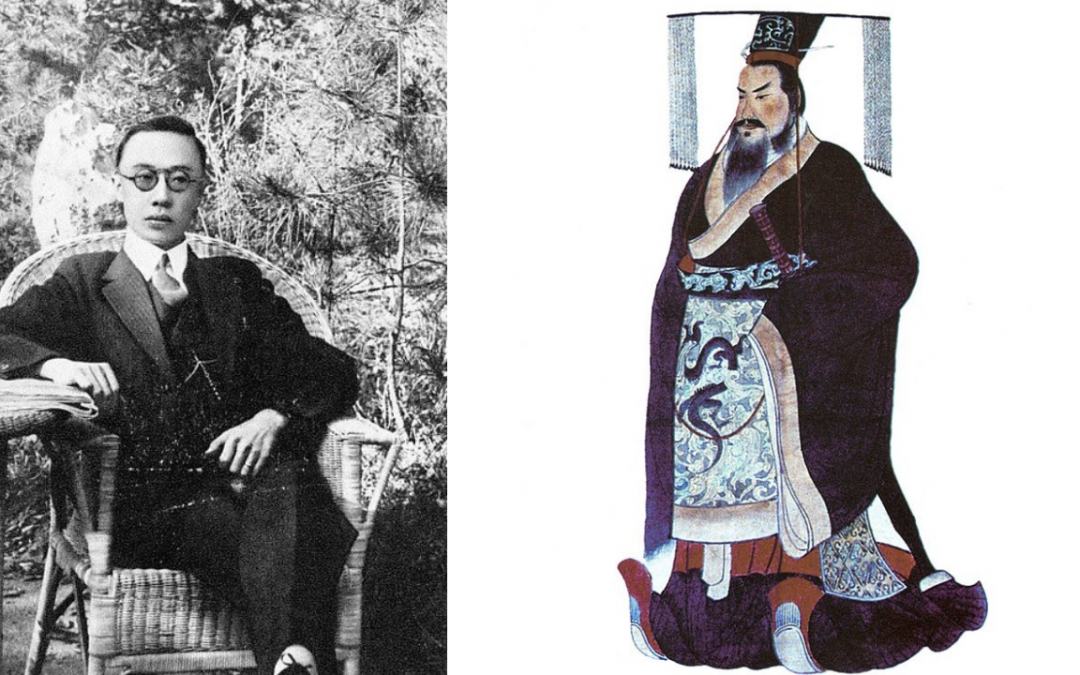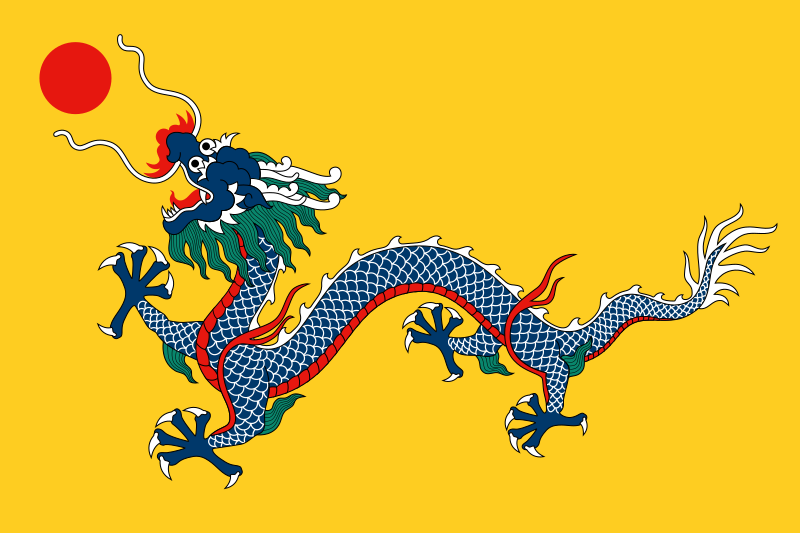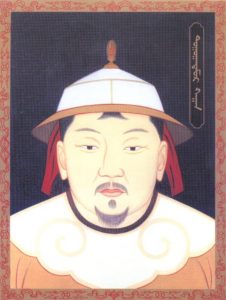China has a long and fascinating history, with an amazing diversity of rulers. From the crazy to the ingenious, China has been shaped by these powerful figures who despite having so much, fought to gain even more. Through force, and cunning these rulers stopped at nothing to achieve their goals. However, not all emperors were like this. Some were decadent and lazy, whereas others were benevolent, and hardworking. This is a list of the 10 most fascinating Chinese emperors.

Qin Shi Huang
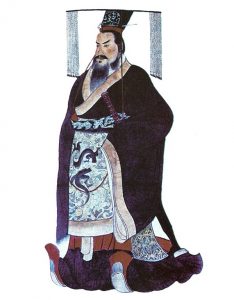
Qin Shi Huang was the first man to unite all of China, and China’s first emperor. He was born to the state of Qin, which conquered all of the many factions during the Warring States Period. He was a brilliant ruler and strategist. The Great Wall that we know today was begun by him, in order to protect china from the nomadic tribes to the north. He was paranoid and possessed by his fear of death. He went to great lengths, and spend great resources in the pursuit of extending his life. From taking magic potions, to trying to communicate with the gods through a wizard, he tried anything he thought might help him achieve his goal. Eventually, he died of mercury poisoning, which contrary to what they thought at the time, was not the elixir of life.
Empress Wu Zetian
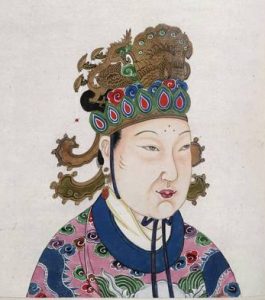
A royal concubine (sex slave) unexpectedly took the throne which had only ever been held by men. Wu Zetian’s rise to power started when she accused the current emperors wife of murdering her baby. She had made the accusation so convincing that the empress was executed for this crime, even though she was innocent. Wu had actually suffocated the child, in order to become empress. Now she had become empress, she decided to bide her time gaining power from behind the throne, until her husband finally died. Then she forced her two sons off the throne and became emperor herself.
She was tyrannical, and progressive. As a ruler she was violent, and merciless. However, she reformed the country, and created nationwide suggestion boxes so anyone could have their say in how the country should be run. Overall, the country was stable under her rule. Out of all Chinese Emperors she is one of the most remarkable.

Emperor Taicheng – An Unsolved Mystery
Emperor Taicheng of the Ming Dynasty only held his position for a month. Nobody would have expected the emperor to die within a month of his rule, and the cause of his death remains controversial. Not long after becoming Emperor, Taicheng became ill. He tried everything he could to get better, but nothing worked. He even took an unidentified red pill, from a man named Li Keshao. This man was recommended to him by 13 officials. The results were promising. A day after taking the pill, his symptoms seemed to have disappeared. However, these effects were short lived, which led to the emperor taking another pill. The next morning the emperor died. The cause of his death, and whether it was an accident or not, are still up for debate.

Yongle Emperor
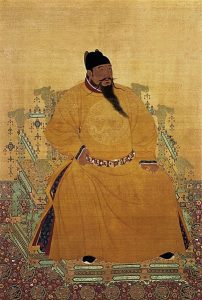
Zhu Di was born into China during a dangerous time, when the Mongol threat was near and deadly. He was able to gain power over time, and defeat his rivals like the general Lan Yu. Lan Yu was accused by the police chief of plotting a rebellion. When his house was searched, 10,000 weapons were found. Lan Yu was then executed as a potential threat to the throne. However, with Lan Yu out of the way, there was no capable general who could stand in the way of Zhu Di, the future Yongle emperor. When Zhu Di’s nephew Zhu Yunwen ascended to the throne, he started executing and demoting his powerful uncles. This gave Zhu Di justification to revolt and take the throne for himself. In 1402 he successfully overthrew his nephew and became emperor. Yongle means, “perpetual happiness”.

Emperor Wu Han – The Strongest Emperor
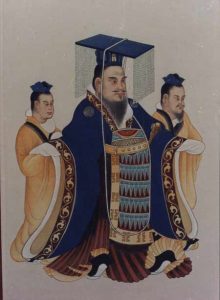
Being the seventh emperor of the Han, Wu had already been born into a powerful empire. However, instead of just sitting back and enjoying what life had to offer, he doubled the size of the empire completely. Under his rule it became one of the largest empires in history. This was obviously a huge victory, but it didn’t come easily. It cost an inordinate amount of money for him to support the wars it took to achieve this great territorial expansion. Wu Han enjoyed an exceptionally long reign, which lasted a total of 54 years. This record wasn’t broken until 1,800 years later. Born in 147 BC, he was emperor in 141 BC, until the day he died in 87 BC.

Toghon Temur
Toghon Temur was a Mongol Ruler of the Yuan dynasty, which ruled over China for almost 100 years. The reason Toghon is one of the most fascinating Chinese emperors is because he was such a terrible one. Temur took the throne at 13 but wasn’t interested in governing the state, and instead spent his time enjoying orgies. He was evidently one of the worst rulers in China’s history, this is shown by the fact that he was planning to execute 90% of China’s population. Before this plan could come into effect however, rebel leader Zhu Yuanzhong managed to take control of the majority of China’s territory. Toghon was forced to flee as a result of this.

Henry Puyi
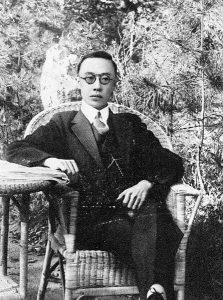
Henry Puyi took the throne at the age of 3 in 1908. His life is a stark contrast to many emperors from history, over time he went from Emperor of China to a mere gardener in a botanical garden. During World War Two, Puyi had helped the Japanese, who made him emperor of Manchuria which they had taken from China. He was kidnapped by the Soviets after the war ended. However, he pleaded with them not to send him back to China his home country, because the Chinese public had grown to hate him for helping their enemies. When the Soviets did release him he was sent to China where he was imprisoned for 10 years. Upon being released he worked as a gardener until he died. This strange story is what makes him one of the most fascinating Chinese emperors.

Guangwudi
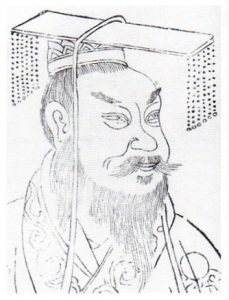
Halfway through the Han Empire’s 400 year reign, in 9 AD, the empire was usurped by Wang Mang. Wang Mang formed the Xin dynasty which lasted from 9 AD to 25 AD. Its 16 year reign was the only break the Han’s 400 years of rule. The reason for it being so short is down to Liu Xiu. Liu Xiu was a member of the royal family and a descendant of Gaozu the founder of the Han dynasty. Liu Xiu raisedan army and rebelled against the Xin dynasty. In 25 AD he declared himself emperor, which is how he gained the name Guangwudi, which means ‘Shining Martial Emperor’.

Emperor Kangxi
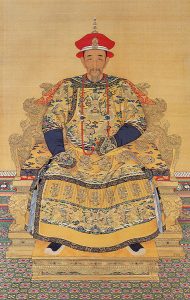
Emperor Kangxi is known for not just being one of the most fascinating Chinese emperors but also one of the greatest. During his long 61 year reign, China’s territory expanded, the treasury grew, and the people enjoyed relative peace and prosperity. Even at a young age he was effective in putting down results, for example he successfully stopped minister Aobai from usurping the throne.

Emperor Qianlong
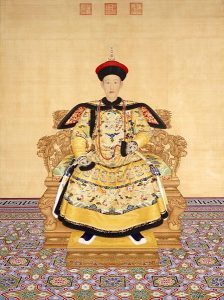
Emperor Qianlong was the fourth emperor of the Qing Dynasty. He lived from 1711 to 1799 AD. Qianlong actually abdicated the throne early so that he wouldn’t reign longer than his grandfather, Emperor Kangxi. He did this out of respect for his grandfather’s long reign, and allowed his son to ascend to the throne in his place. However, he still retained all power until he died years later. He brought the Qing empire to its pinnacle, both the economy and population had flourished. He also led many successful military campaigns, which expanded the empire’s territory. In my opinion he is one of the most fascinating Chinese emperors from history.

